How good design and technical excellence enable fast feedback, continuous improvement and better business decisions. Topics may include: DevOps, technical practices, emergent architecture, data-driven development
Product development and management in the digital age, from validation and user research to development and delivery. Topics may include: successfully scaling product management, product ownership in the Digital Age, understanding user needs, prioritisation, the digital product lifecycle
How innovation enables individuals, teams and organisations to focus on delivering the right value at the right time. Topics may include: applying Lean startup and design thinking in real life, hackathons, accelerators and other innovation techniques, innovation in established businesses, user/customer research, validation techniques
Delegates at AgileNZ2015 wanted more stories about implementing Agile in large organisations. This track provides them. Organisations present their journeys, the key challenges they faced and how they overcame them. Can we identify common patterns that enable agility?
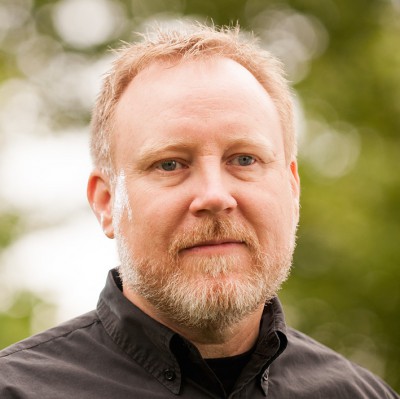
Jeff Patton is a Product Manager, Agile, Lean, UX and Product Design Evangelist. He’s the ‘glue’ that connects good product management and strategy, lean user experience and Agile delivery practices together. He has authored many articles, essays and, most recently the book User Story Mapping. An independent consultant with a unique teaching and speaking style, he uses hand drawings and engaging story telling to share his passion for product design. Jeff’s keynote supports our new ‘Product’ track – and we think there’s no one better in the world to do that.
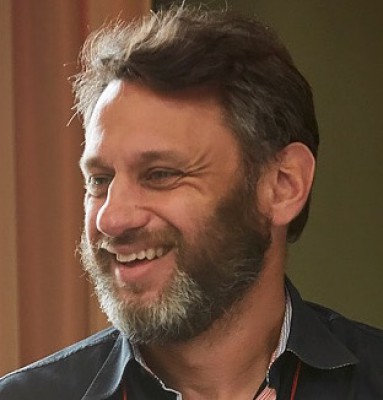
Modern Agile methods are defined by four guiding principles – to make people awesome, make safety a prerequisite, experience and learn rapidly and deliver value continuously.
World-famous organisations like Google, Amazon, Airbnb, Etsy and others are living proof of the powers of these four principles. However, you don't need to be a name brand company to leverage modern Agile wisdom.
In this talk, Josh will explain what he means by modern agility, share real-world modern Agile stories, show how modern Agile addresses key risks while targeting results over rituals and reveal how the 2001 Agile Manifesto can be updated to reflect modern Agile's four guiding principles.
Joshua Kerievsky is the founder and CEO of Industrial Logic, a pioneering extreme programming/Lean consultancy that radically improves the software development capabilities of organisations around the globe. In the mid-1990s, Joshua was among a small community of 'lightweight methods' practitioners experimenting with better ways of developing software. Since then, he’s helped thousands of people across hundreds of organisations learn better ways of making software, carefully reviewing and revising methods with the greatest impact and return on investment. Today, he leads an effort to modernise Agile by removing outdated practices and leveraging the best of what the software community and other industries have learned about achieving awesome results. Joshua is an international speaker and author of the best-selling Jolt Cola-award-winning book, Refactoring to Patterns, numerous Agile eLearning courses and popular articles like Anzeneering, Sufficient Design and Stop Using Story Points. He’s active on Twitter, Snapchat and the emerging ModernAgile.org community. Jeff’s keynote supports our new ‘Technical’ track.
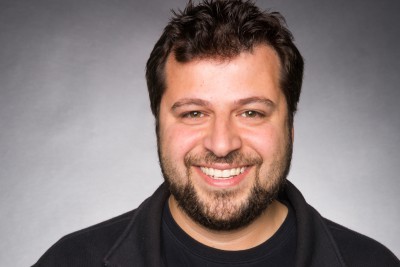
In this talk, Ahmed will share his reflections on the domain of Agile Leadership in general and then share some of the frameworks and current ways of thinking about leadership at Riot Games. He will introduce a new roles and responsibilities framework that provides team leadership a way to balance between team-level autonomy and organisational wide alignment.
Heads up, this might be a highly controversial talk for many. Many of the concepts presented in this talk directly challenges some of the current norms in the Agile space. For instance, Ahmed will share why and how, at Riot Games, they promote the idea of 'single wringable necks', even though in the Agile world that concept is regarded as 'not Agile' and instead many people promote team accountability. Come and be ready to explore a new understanding of Agile Leadership.
Ahmed Sidky (aka ‘Doctor Agile’) is back at AgileNZ Conference. Ahmed is President/Co-founder of ICAgile, a well-known thought leader in the Agile community and a keynote at AgileNZ Conference 2015. He is currently the Director of Development Management for Riot Games and, before that, was an Agile transformation coach and consultant for Fortune 100 companies. He is the co-author of Becoming Agile in an Imperfect World and the President and Co-founder of ICAgile. Ahmed was selected as the programme chair for the Agile 2009 conference and has been an invited speaker at many Agile conferences around the world presenting on topics such as the Agile mindset, how to create Lean, high-performing habits within teams and how to transform organisations in a manner that achieves sustainable organisational agility.
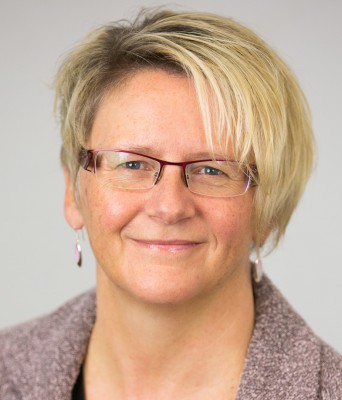
If you think working for a tax authority may be boring and staid, then this presentation may challenge your preconceptions.
Naomi is an experienced public sector executive with more than 20 years' experience working in revenue agencies in the UK and NZ. She has successfully delivered major transformational change projects and built effective teams to deliver results. Before coming to New Zealand, Naomi was the Director, Business Customer and Strategy at Her Majesty's Revenue and Customs (HMRC) in the UK. Naomi also completed a secondment with Inland Revenue New Zealand from 2003-2006 in the Deputy Commissioner, Service Delivery role. She took up her position of Commissioner and Chief Executive of Inland Revenue on 21 July 2012.
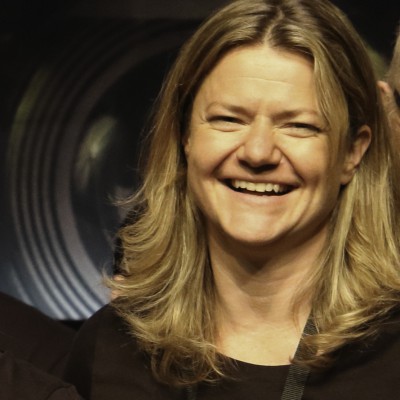
Kaila Colbin is the New Zealand Ambassador for Singularity University. She is also a co-founder and Chair of the non-profit Ministry of Awesome, the starting point to make things happen in Christchurch, and the Curator of TEDxChristchurch. She is also Chairman of the Board of the New York-based Natural Gourmet Institute for Health and Culinary Arts, Deputy Chair of CORE Education Ltd and a member of the Advisory Board for Te Pūtahi, the Christchurch centre for architecture and city-making. A native New Yorker, Kaila is fluent in English, Spanish, French and Italian. She has been a serial entrepreneur since 22 years old. Her purpose in life is to be an uplifting presence.
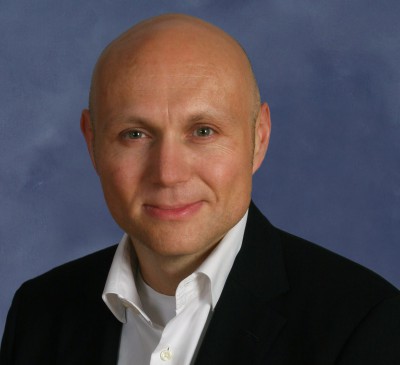
Dave West is the CEO/Product Owner at Scrum.org. He is a frequent keynote speaker and a widely published author of articles, along with his acclaimed book, Head First Object-Oriented Analysis and Design. He led the development of the Rational Unified Process (RUP) and then worked with Ivar Jacobson running the North American business for IJI. He then managed the software delivery practice at Forrester Research where he was VP and Research Director. Before joining Scrum.org, he was Chief Product Officer at Tasktop where he was responsible for product management, engineering and architecture.
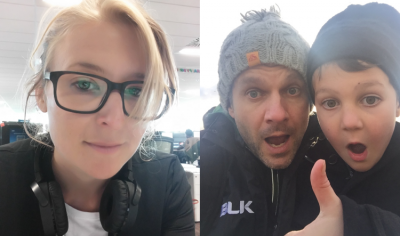
In this talk, Claire and Anthony will show how they’re doing just that. How they’re using the language and mindset of experimentation to bring Lean UX to life across BNZ Digital. How they’re using a powerful combination of Agile principles and Lean thinking as a vehicle for change. How, as a combined force for change, they continuously look to improve everything they do – the way they work, view our customers and deliver our products.
Claire is a Senior Digital Designer at BNZ Digital. She loves the big picture and is excited about making sure we are building the right product for the right people in the best way possible. This leads to an interest in the creative strategy and the philosophy of Lean UX to help our teams contribute to the best outcomes.
Ant Boobier is Practices Coach at BNZ Digital and has been doing Agile for more years than he cares to remember. RAD in the 90s, XP in the 2000s and a magic mix of Lean UX and Agile today, he is a people geek who loves a good experiment.
Kim will walk you through how your Scrum Team can bring the specialised process of penetration testing from the release phase to right up front and augment your Scrum process (that's each and every sprint), with a collection of processes, practices and tools that have proven their value in the field of information security.
Kim Carter is a senior technologist/engineer, information security professional, entrepreneur and founder of BinaryMist, OWASP NZ Chapter Leader, a Certified Scrum Master, facilitator, mentor and motivator of cross-functional, self-managing teams.
With a solid 15 years of commercial industry experience across many domains, Kim Carter enjoys teaching others how to apply information security to their Agile processes, bringing the security focus upfront where it's cheapest to implement, increasing profit and reducing costs.
International trainer, speaker and published author focusing on software and network architecture, web development, engineering and information security, Kim is also a regular blog poster. Kim loves designing and creating robust software and networks, breaking software and networks, then fixing them and helping organisations increase productivity.
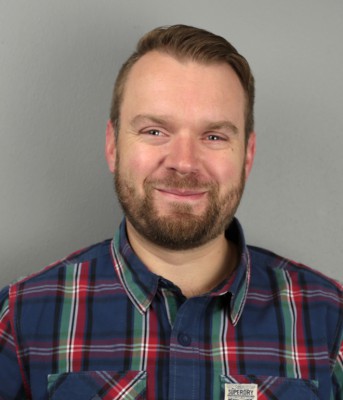
In reality, many developers don’t have the time to build their skills and some others see their job as something confined to 9 to 5. This is ok, but it results in teams that don’t grow which exacerbates the problem where companies rely more and more on ‘ninjas’ and ‘rock stars’. This has to stop! We need an alternative. Let’s build our people within their constraints and let’s figure out how to do it well!
This talk explores techniques that the speaker has successfully applied to help many companies and teams improve the quality and effectiveness of their engineering efforts: creating a culture of learning with techniques such as code dojos, katas and other intentional learning activities. Helping developers learn and apply practices such as clean code, refactoring, TDD, pair- and mob programming and continuous integration. Overcoming common arguments against intentional learning and improvement.
Martin is a Software Development Manager at MYOB, New Zealand. He has more than 17 years’ experience in the IT industry and is passionate about working with teams to create beautiful, well-crafted software.
He previously worked in South Africa as the co-founder of nReality Systems, a software engineering consultancy firm where they coached teams ranging from hi-tech start-ups to large-scale enterprise IT.
He has a long career as developer and lead on projects ranging from mobile, data analytics to high-volume, mission-critical systems in government and financial sectors. The most notable projects directly affected the South African economy and democracy.
Don't be fooled into thinking ‘I'm not a tester, this won't apply to me...’. The framework will give valuable information if you are running a project, developing a product or implementing a change on how to approach the complex problem, testing.
With more than 16 years’ experience in the telecoms, utilities and finance industries, Paul’s expertise centres on complex integrated technology solutions, on and offshore vendor management and stakeholder management.
As a high-end Test Consultant, he focuses on delivery achieved through his natural ability to break down and simplify complex issues and communicate options and decisions clearly and concisely.
Paul has also transferred these analytical skills and passion for testing through mentoring and is a Project K mentor for the Foundation for Youth Development (FYD).
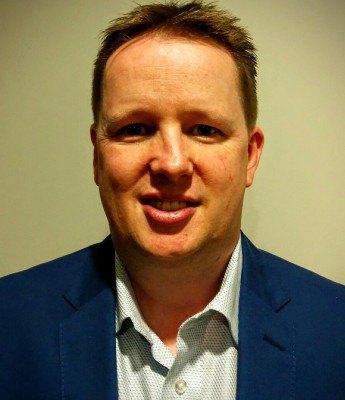
In this presentation, Anthony Marter will share some practical advice on how to be a Product Owner in the real world, give some examples of how the role can be scaled in an enterprise and touch on common anti-patterns to watch out for.
He may discuss the always controversial topic of where the role fits in with that of the traditional Product Manager and Business Analyst!
About four years ago, Anthony Marter found himself being offered the role of Product Owner at Fiserv and was somehow crazy enough to take it on, despite not really knowing anything about what the job entailed. Since then, with the help of others, he's been trying to figure it out. More recently, he's moved to Orion Health to try to help them understand and develop the Product Owner role.
Anthony is also the co-organiser of the Product Management Auckland Meetup group. We are trying to bring together Product people from across Auckland so that we can collectively demystify and shape what it means to be a Product Manager/Owner in New Zealand.
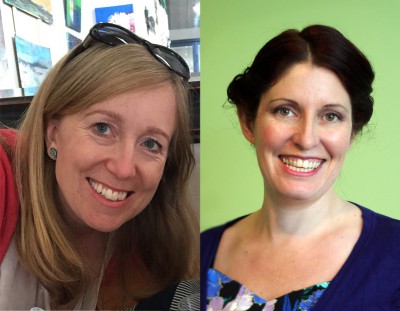
Join Natalie and Victoria as they journey through the process of interviewing customers, analysing insights and generating a set of behavioural-based personas. Learn how they have orchestrated a mindset shift within BNZ to where these personas are now an integral part of our DNA, the immense value they have provided and what they’ve learnt along the way.
Natalie is a user experience activist who has spent the last 20 years working in digital field in Australia and New Zealand. She is passionate about actively fighting for the users and building this into the development process, not as a separate activity, but as part of every activity. She is also passionate about enabling every person, no matter their role, to not only get involved with UX activities but empowering them to take ownership of it.
Victoria is a Senior Business Analyst at BNZ Digital who moved from the UK 10 years ago and has been immersed in the NZ banking sector ever since. She has championed the transition to Agile ways of thinking and is now firmly on the road to lean. She loves getting out and talking to customers and thrives on working collaboratively in autonomous teams to deliver innovative and creative solutions to real customer problems.
Product Ownership requires clarity of vision, alignment with organisational strategy, understanding of the development process and the ability to communicate with a wide variety of stakeholders across all levels both inside and outside the organisation.
The complexity of the role is most often more than a single person can (or should) cope with – effective product ownership requires a teamwork approach covering a variety of skills and knowledge.
Shane Hastie is the Chief Knowledge Engineer for SoftEd, a training and consulting company working in Australia, New Zealand and around the world. Since first using XP in 2000 Shane's been passionate about helping organisations and teams adopt Agile practices. Shane leads SoftEd’s Agile Practice offering training, consulting, mentoring and support for organisations and teams working to improve their project outcomes.
He has worked with large and small organisations, from individual teams to large transformations all around the world. He draws on over 30 years of practical experience across all levels of Information Technology and software intensive product development.
In 2011, he was elected as a Director of the Agile Alliance and is the founding Chair of the Agile Alliance of New Zealand. Shane leads the Culture and Methods editorial team for InfoQ.com.
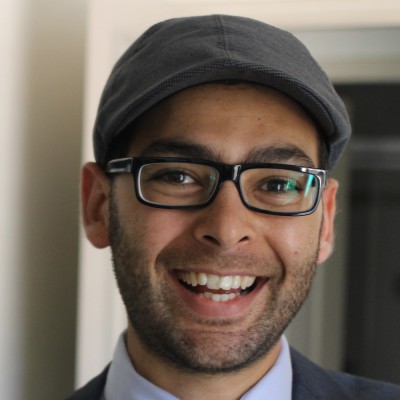
This talk will draw from lessons learnt building product to provide practical tips and techniques enabling you to understand roadmap inputs, plan with different perspectives in mind, optimise for learning, communicate and set roadmap goals, as well as find agility when the landscape around you changes.
Sherif Mansour has 14 years’ experience in software development. He is currently a Principal Product Manager for Atlassian. Over the last six years, he has been responsible for Confluence, a popular social collaboration tool for product teams.
He now heads up the cross-product cloud experience for all Atlassian products. Sherif also played a key role in developing new products at Atlassian such as Team Calendars and Confluence Questions. Areas of expertise include Agile product development. Sherif thinks building simple products is hard and so is writing a simple, short bio.
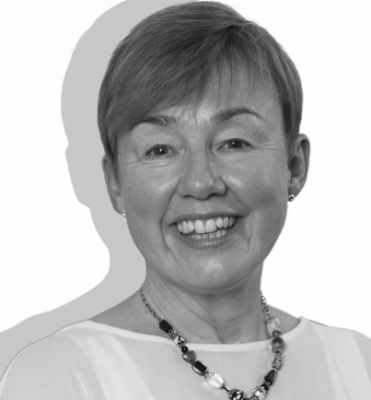
That's not happening to Business Analysis. Let’s use innovative techniques that help our customers and organisations realise the true problem or opportunity and deliver value in this Digital Age. Having a ‘toolkit’ of techniques we can pick from and apply to product development will mean that you are in high demand as a Business Analyst.
Never doubt the value of analysis again. Let me show you how you can make a real difference to your customers and have fun at the same time.
Jenny is a highly experienced IT Consultant covering varying disciplines. She has worked for a variety of organisations and business sectors in the UK and New Zealand including the Metropolitan Police, the automation industry, electronics retail industry, banking sector, New Zealand Dairy industry, training sector and latterly an NZ consultancy. Her main strengths are in people leadership, training, software development/delivery and change management.
Jenny is extremely passionate about helping organisations deliver the right products in the right way. She truly believes that anything is possible when you have people with the right mindset. By giving them empowerment, training and support, organisations achieve great things.
When she’s not working, she can be found on the golf course.
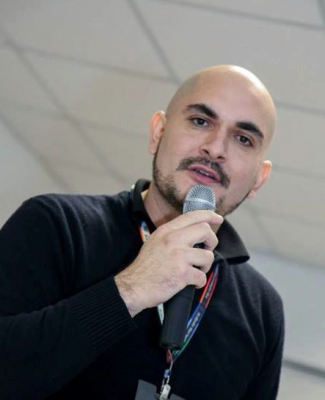
One of the main signs of this behaviour could be noticed when a team avoids conflict during a sprint retrospective. However, it seems to be counter-intuitive because there are a lot of good books (written by good people) arguing that they will never touch on a dangerous issue (conflicts) during a retrospective.
With great respect to these authors, I must say: What? The retrospective is the most important mechanism to promote real improvements in your team. If you run away from the difficulties, how do you intend to promote these improvements?
I know that it's not an easy approach. On top of that, I know that it could be very dangerous for the team formation, but, avoiding or delaying the real improvements could be more dangerous to your organisation. Think about it.
Following the famous mantra of product management – 'fail fast', at the team level, we have a similar mantra. Inspired by this, from a team perspective, we can understand that this is very useful. We 'conflict fast' to make deep and real improvements within the team dynamic.
In this session we'll discuss and experience a few ways to put the Conflict Fast Model into practice.
Manoel works as Agile Coach at Elabor8. He has more than 18 years’ experience in IT contexts, during which he was integral in helping the Agile transitions in large and complex organisations.
He is one of the pioneers of the Brazilian Agile community and one of the founders and active organisers of Agile conferences in Brazil. He has spoken at national and international conferences. He is the founder of Visão Ágil (magazine and blog) and also won the inaugural Luca Bastos award (Agile Trends 2015). Manoel is co-author of Métodos Ágeis para o Desenvolvimento de Software and author of eBook 10 dicas para escalar Agile usando SAFe. He also co-authored O pequeno livro branco das equipes.
He is the most influential Management 3.0 facilitator in Brazil and one of the first Learning 3.0 licensed facilitators. He’s also the pioneer of SAFe in LATAM and is certified in SPC (Scaled Agile Academy), CAC (Alpha Coach – Worth Ethic), CSM, CSPO and CSP (from Scrum Alliance).
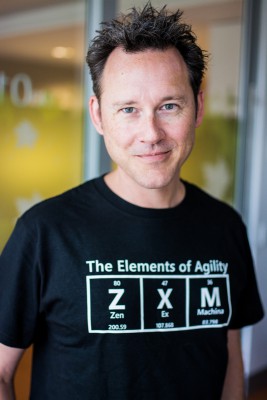
Come and learn about the Gottman Method – a psychological research-based approach to creating stronger relationships – and an example of its use with Asimov's Laws of Robotics to deal with Agile team dysfunction, strengthen collaboration and help build happier teams.
Matthew has been using psychology to further ICT cultural change goals for 20 years. He is a contributing author to the books The Emergence of the Relationship Economy and The Psychology of Aid and continues to publish in international journals in the fields of psychology on the pragmatic aspects of learning, change, teamwork and motivation.
As an Agile coach, Matthew applies techniques from his background in psych and 20 years of UX product development to help organisations adopt Agile methods. His expertise is particularly sought after to tackle the issues of change and enterprise culture to scale Agile across portfolio and program silos and create high-performing teams in both software and non-software environments.
Matthew is a firm believer in the use of chocolate at Scrum key meetings and a few drinks with the team after retrospectives.
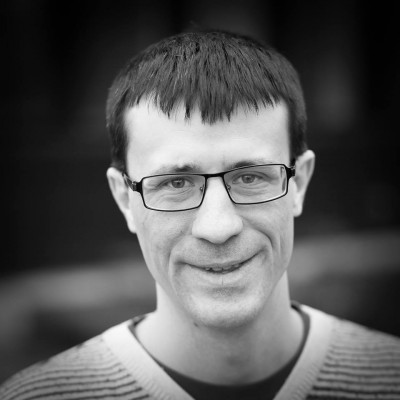
And even if facts and reason back up the ideas we have, more often that we would like to admit, our brain (and the brains of others) dictates an illogical response from us in the form of cognitive biases, which stop innovation in its tracks. In this talk, Aurelien wants to dive into your brains and look at how these cognitive biases impede innovation so that you can start fighting back and push our ideas forward!
After a career as a Software Developer in Norway, Aurelien Beraud swapped the fjords up north for the glittering city of Auckland down under to do what he knows best. He now spends his days as an Agile Coach, empowering teams to push their own limits and deliver products that change the life of their users. When he's not at work, he can be found geeking out in front of a game or exploring the intricacies of cognitive science.
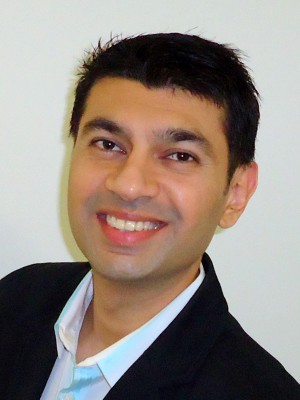
With a special focus on Executives and Leaders, Dipesh will be drawing upon more than a decade of Agile transformation experiences in multiple organisations across eight countries and share real-life case studies and insights to illustrate the following key things that Agile leaders need to do differently.
If you are an executive or an aspiring leader of an Agile team, this session will provide clear implications for where to focus your efforts in order to unleash the full potential of Agile methods to gain a competitive edge. You will be inspired by knowing what serves to catalyse and nourish progress – and what does the opposite.
Dipesh Pala is the Asia Pacific Agile Capability Leader for IBM. In addition to leading IBM’s transformation journey to grow the Agile capability across this region, Dipesh pursues his passion for enabling organisations of all sizes to optimise solution delivery through the pragmatic use of Agile, Lean and traditional methods. His diverse background includes delivery roles in software engineering, project and portfolio governance and Agile consulting across a variety of industries.
Over the last decade, Dipesh has helped organisations and project teams across many countries to continuously improve and find better ways of working. As an on-the-ground Agile Consultant, he has been instrumental in rolling out Agile at scale in many organisations and is currently coaching and mentoring today's managers and executives to become the Agile leaders their teams need.
As well as a top-rated speaker at industry conferences and seminars, Dipesh is also a seasoned facilitator able to drive out the best outcomes from any project-based or strategy workshops.
A keen advocate of simplicity, Dipesh offers simple and practical, yet powerful ways to address the challenges team members and managers in Agile environments face today. He continuously pushes individuals and teams beyond the practices and principles to take a step further into their Agile journey.
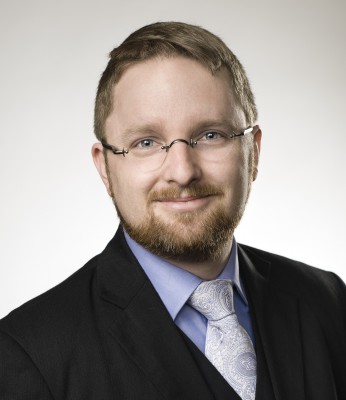
However, to be truly competitive, an organisation needs to be able to deliver a continuous stream of change. Managed properly, this negates the need for a project and the associated cost overheads. This is fundamentally what #noprojects is.
The approach, structure, tactics and techniques available to successfully deliver continuous change. At its core, #noprojects is predicated on the alignment of activities to outcomes, measured by value, constrained by guiding principles and supported by continuous delivery technologies. This presentation will introduce you to #noprojects.
You will learn how to define an outcome and create an Outcome Profile. You will also learn how to manage change within the context of an outcome through the Activity Canvas.
Evan pioneered the field of Agile Business Management, applying the successful concepts and practices from the Lean and Agile movements to corporate management. He keeps busy as a business leader, consultant, non-executive director, conference speaker, internationally published author and father.
Evan has a passion for building effective and productive organisations full of actively engaged and committed people. Only through this can organisations flourish. His experience while holding senior leadership and board positions in private industry and government has driven his work in business agility and he regularly speaks on these topics at local and international industry conferences.
As well as writing Directing the Agile Organisation, Evan currently works for IBM in Singapore to help them become a leading Agile organisation.
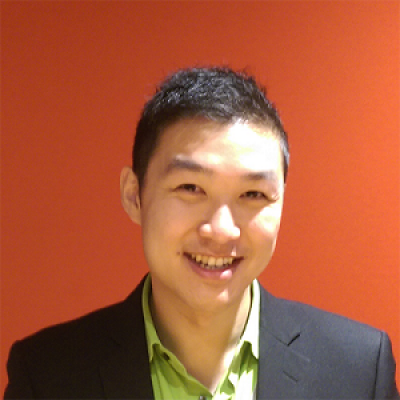
Robert argues that we have reached the tipping point of usefulness of these models. In order for businesses to succeed in the future, we need to adopt models that adapt to the rapidly change business environment from disruptive technological change.
Robert is a big-thinking internet geek who loves technology.
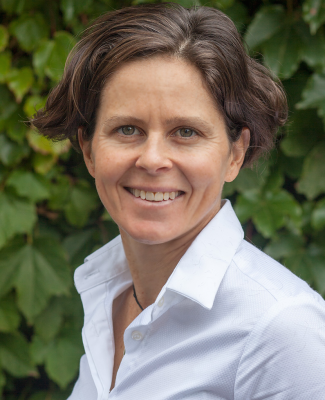
This session articulates the problem, describes how Agile and Lean lead to better and more timely decisions and sets up an organisation for innovation. Suzanne will also describe how cross-functional teams with cognitive diversity perform better. Attendees will leave with takeaway actions to improve decision-making and foster innovation in their organisations.
Suzanne has worked in IT for 10 years and led the transformation to Agile at the UK’s largest private health insurer. She has also used Lean and Kanban extensively to improve organisational performance.
Because she has lived and worked in Australasia, Japan and the UK, Suzanne has experienced a wide range of organisational cultures and challenges. And she’s seen the Agile wave move from leading edge to mainstream.
A lifelong athlete (and committed triathlete), Suzanne is action-oriented rather than theoretical and likes to see organisations achieve early wins.
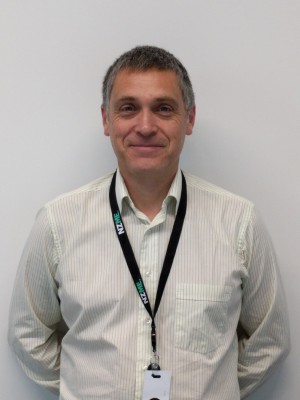
Rarely, if ever, do they look for how the people who came up with Agile, arrived at their conclusions and started the journey for us. Less rarely do they look at how other people in other circumstances started the journey without any inclination that there was such a thing as the buzz word ‘Agile’. For some, Agile is an evolutionary step, it is simply an outcome of “looking for better ways of doing” the things that they are doing.
In this talk, Andrew focuses on some experiences that formed his view of Agile, all of which happened before he really knew what Agile was or before any one was writing about it. He explores three examples of teams you would not, (but may) expect to find Agile – what it meant for those people and how they went on their journey to being Agile free-range teams.
He answers the question ‘What is a free-range team?’ and talks about the need to have faith that the simple, but hard act of letting go does work because it worked in these examples. Andrew also discusses how the examples have allowed better outcomes for the people, the teams and the organisations. Sometimes in unexpected ways…
Andrew has enjoyed a varied career across different industries and NFP’s.
How can the workplace respect diverse needs and varied responses to change and pressure, as well as different requirements for interaction and collaboration?
Aaron Hodder hails from Wellington, New Zealand where he works for Assurity Consulting Ltd to develop and deliver leaner testing practices to better suit the demands of modern day software development.
Aaron is a passionate software tester with a particular enthusiasm for visual test modelling and structured exploratory testing techniques. He regularly blogs and tweets about testing and is a co-founder of Wellington Testing Workshops.
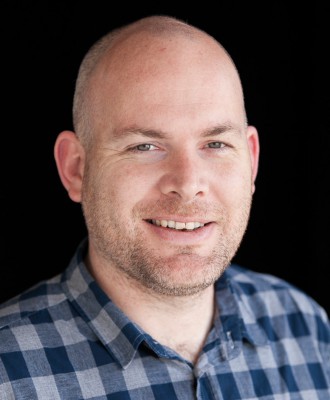
The Scrum framework allows for a lot of flexibility, but the repeated cadence and ceremonies can become monotonous over time and occasionally seem relentless. Gavin’s worked with a Scrum team that’s been in place for eight years (possibly New Zealand’s longest running Scrum team) and, in that time, has seen all the ups and downs of a long-term Scrum project.
They’ve seen what works and what doesn’t when it comes to keeping teams engaged and have focused their efforts on three factors that are most important to a team and have seen great results.
As an Agile Coach, Gavin’s aim is to help teams set themselves up to become high-performing, self-organising and committed to continuous improvement. Also, most importantly, he aspires to help teams grow until they reach a point where they may want him around, but don't need him around.
Gavin’s worked in the web industry for over 15 years as a Front-end Developer, Project Manager and, since 2011, Agile Coach and Trainer. His passion lies in producing great results born out of a truly collaborative environment and helping teams focus on creating real value each step of the way.
He is a Certified Scrum Master, Certified Product Owner, Professional Scrum Master 1, Certified Scaled Agile Framework Practitioner and an ICAgile authorised trainer.
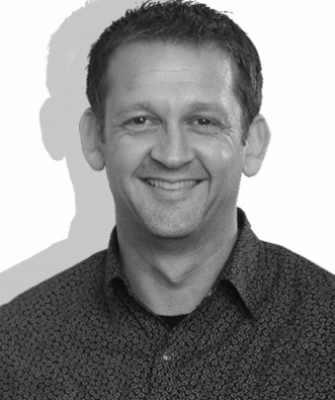
The transforming of ISG has generally been successful and is on-going. This session gives an overview of the approach to the transformation, the structure adopted, the metrics used to measure success and the lessons learnt along the way. In doing this transformation, an approach to organisational transformation is being developed that could serve as a blueprint for other organisations going forward.
Joe has been involved in software projects for almost 20 years during which he's seen a lot of good and bad practices. He draws on his knowledge of Agile, project management and leadership techniques to take a principle role to deliver successful change to client organisations.
He is also an inaugural member of the Agile Alliance of New Zealand.
Lynn Davies' biography to follow.
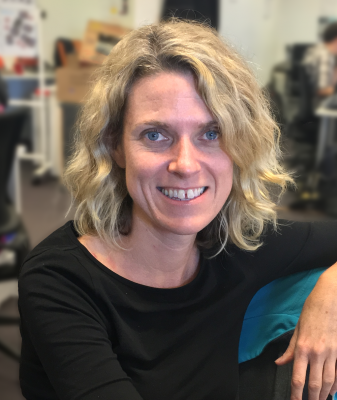
Kirstin takes a no-holds-barred look at where Powershop has come from, where they are now and where they’re going. She talks through how Powershop moved from centralised control to greater team autonomy and what they learnt along the way. Powershop continues to grow their delivery capability as they move into further markets abroad. She goes through the challenges they’re encountering as they scale Agile across the 11 teams.
There’ll be a couple of activities involving participants designed to provoke further thought about how learnings from Powershop’s Agile journey can relate to their own organisations.
Kirstin has more than 15 years’ experience with software delivery teams here in New Zealand and in the UK. Now settled in Wellington, she has been fully immersed in Agile software development processes since 2011, firstly with Boost Agile and more recently as Powershop's resident Agile Coach.
In her spare time, Kirstin enjoys cycling and running around Wellington's beautiful coast.
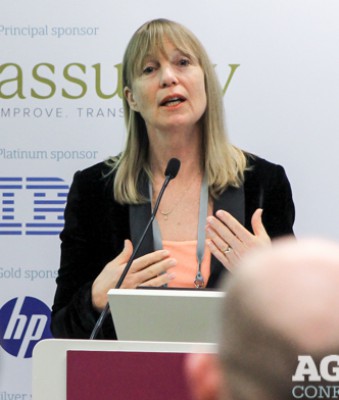
Imagine two mountain bikers, one with a fixed suspension the other with full suspension. Biker1 sets off downhill with clenched fists, hits a bump, bounces off the bike and hits a tree. Biker2 heads off downhill, relaxed and agile. He comes to a bump adjusts his weight and posture and continues, constantly adjusting to the terrain.
In software development, those who can course correct, adapting to obstacles, will deliver value faster and arguably more enjoyably than those with a rigid mindset, unprepared to adapt.
Rachel is an Agile Coach and the first person in New Zealand to be awarded the IC Agile Expert Agile Coach certification.
She enables Agile transformation by coaching Agile coaches, Scrum Masters, teams and managers. Her coaching stance is to meet people where they are, empower them to be transformers, 'hold the space' for self-development, respect others’ decisions and leave no trace.
In the world of professional sports, innovation, persistence and rapid learning are everything! In this very personal talk, former Olympian Sandy Mamoli will share key learnings from her professional sports career. She will delve into topics such as learning through innovation, rapid feedback, radical candour and high-performance teams.
Sandy will contrast the perspectives and attitudes of professional sports with modern work life and will extract guidelines and tools that we can apply to our professional lives. From critical communication skills to collaboration and effective teams, come along and learn practical ways for how to apply ideas from Olympic sports to your professional Agile career.
Sandy Mamoli is an Agile enterprise coach and consultant at Nomad8 with a focus on culture and leadership. She moved to New Zealand in 2007 (for a brief trial period) and has been living in Wellington and Auckland ever since.
From working with global enterprises in Amsterdam, Stockholm and Copenhagen to being one of NZ’s leading coaches, she brings her practical flair and passionate advocacy for all things Agile to businesses around the world.
Sandy is a former Olympian, a geek, a gadget junkie, international speaker and co-author of Creating Great Teams – How Self-Selection Lets People Excel (Pragmatic Bookshelf 2015). She knows quite a lot about Agile.
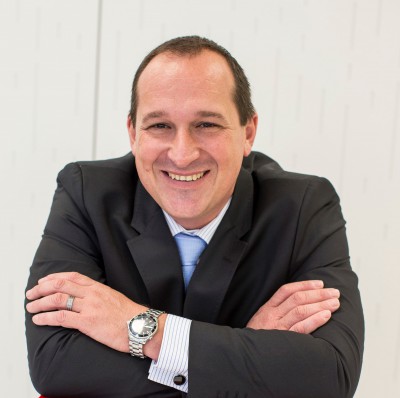
Dawie Olivier has had a dynamic career in the IT industry, leading many different teams in the design and implementation of strategies and solutions of strategic importance for a number of large corporations.
Most recently, as Executive Head of Group Technology Build for the Standard Bank Group based in Johannesburg, Dawie lead a team tasked with the technical delivery of all new technology capabilities.
In this role Dawie focused on the establishment of a multispeed delivery model, catering for both foundational systems delivery in a measured manner, and rapid delivery of a customer capability in the channel environment. This included the teams delivering a world-class digital banking app, and internet banking site, both of which offered full transactional banking, service origination and online share trading.
Dawie was appointed to the role of Chief Information Officer in Westpac in April 2015. With 15 years’ experience in financial services technology and several appointments as CIO, his background is well aligned to the direction Westpac is taking with its technology.
As Chief Technologist, Dawie has direct involvement in decision making across the broader running of the business to ensure a strong technology presence and focus at the executive level.